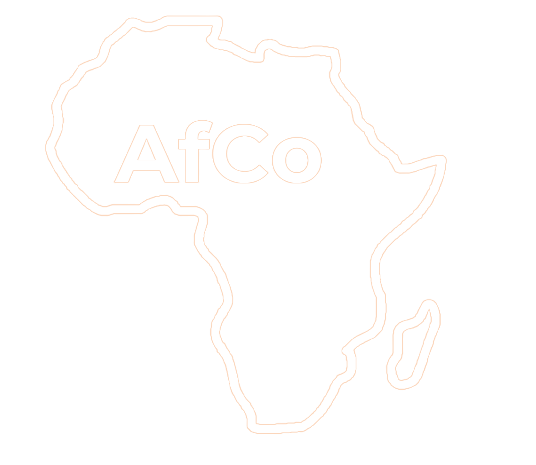‘Has the pebble been removed from the Republic’s shoe?’
This article explores the constitutional issues of the process of reconciliation in Côte d’Ivoire, opting for a close analysis of the constitutional reform undertaken in 2016. The Ivorian Constitution was a major factor in the political crises that have shaken Côte d’Ivoire since the 1990s. Charged with regulating the devolution and exercise of state power, and considered to be a guarantee of sociopolitical stability in the country, Côte d’Ivoire’s basic law has been frequently undermined by bitter power struggles, and subverted by both political compromise and armed violence. Although it is a constant theme in public debate, the Constitution of Côte d’Ivoire does not have any true roots in society, which bars it from becoming an inclusive social contract. Attempts to modify or transform this supreme law, held hostage by political machinations and therefore undertaken with great tentativeness, have delayed the constitution’s reinvention at every attempt, leaving the impression of an unfinished product.
Keywords
- Constitution
- reconciliation
- social contract
- transitional justice
